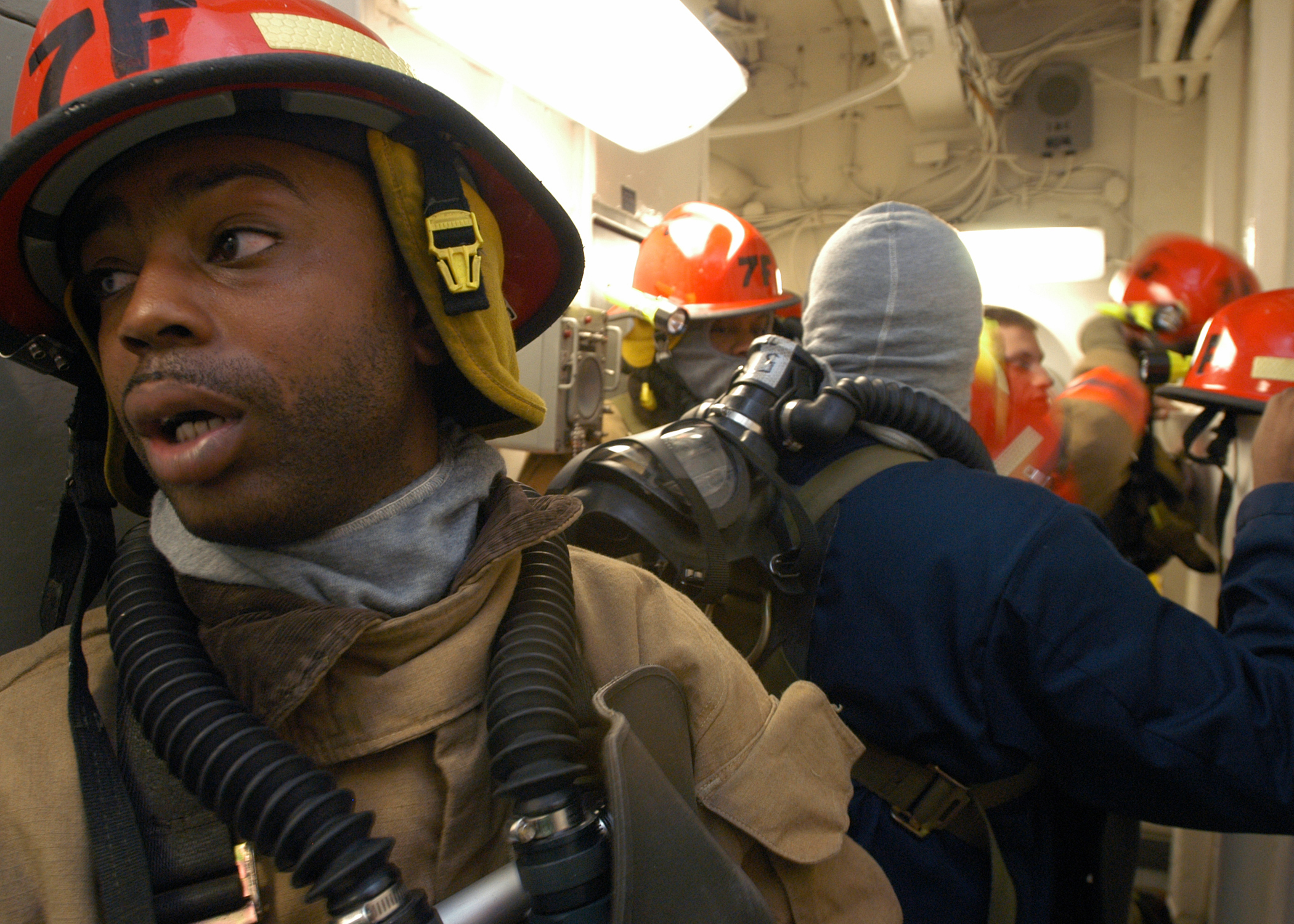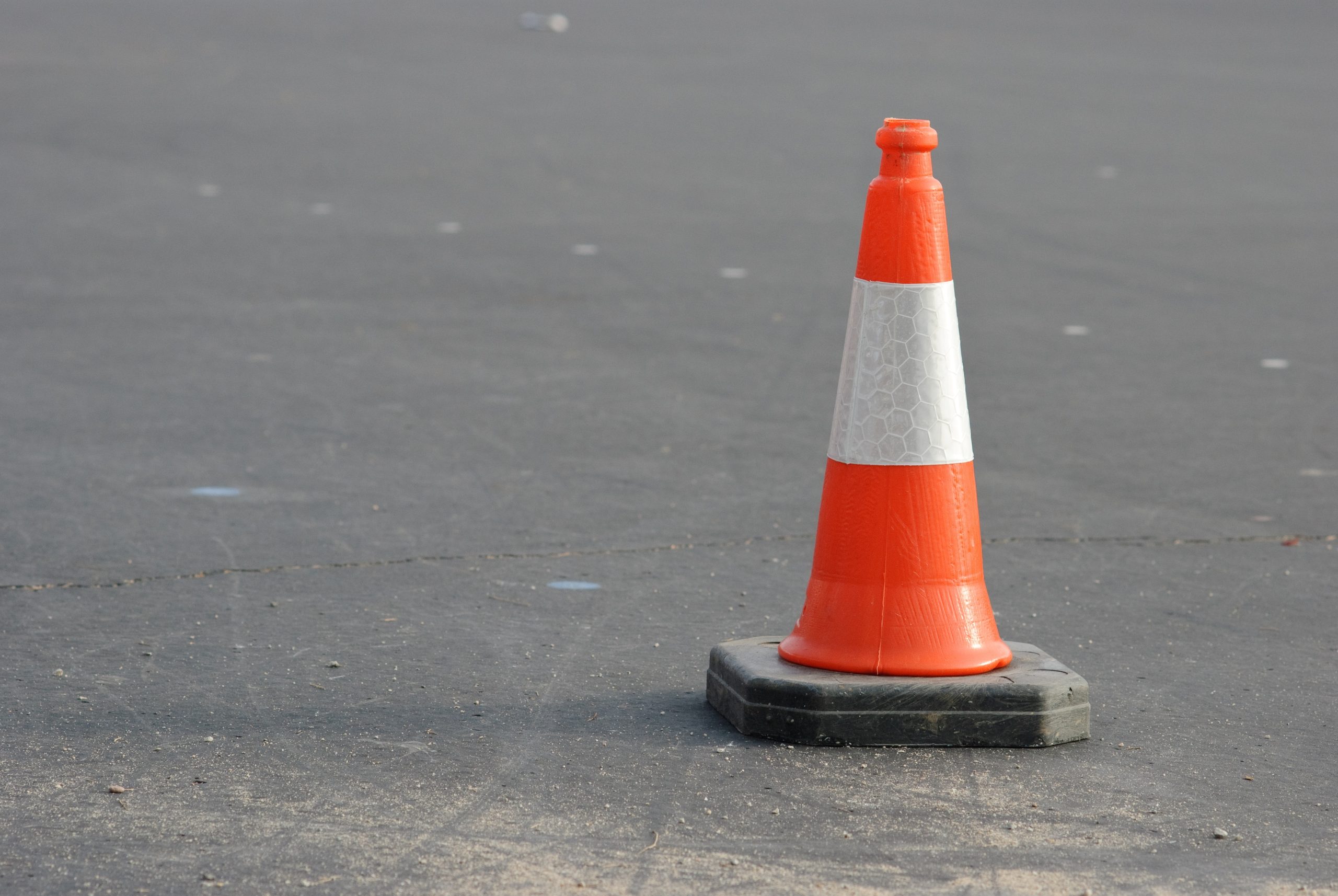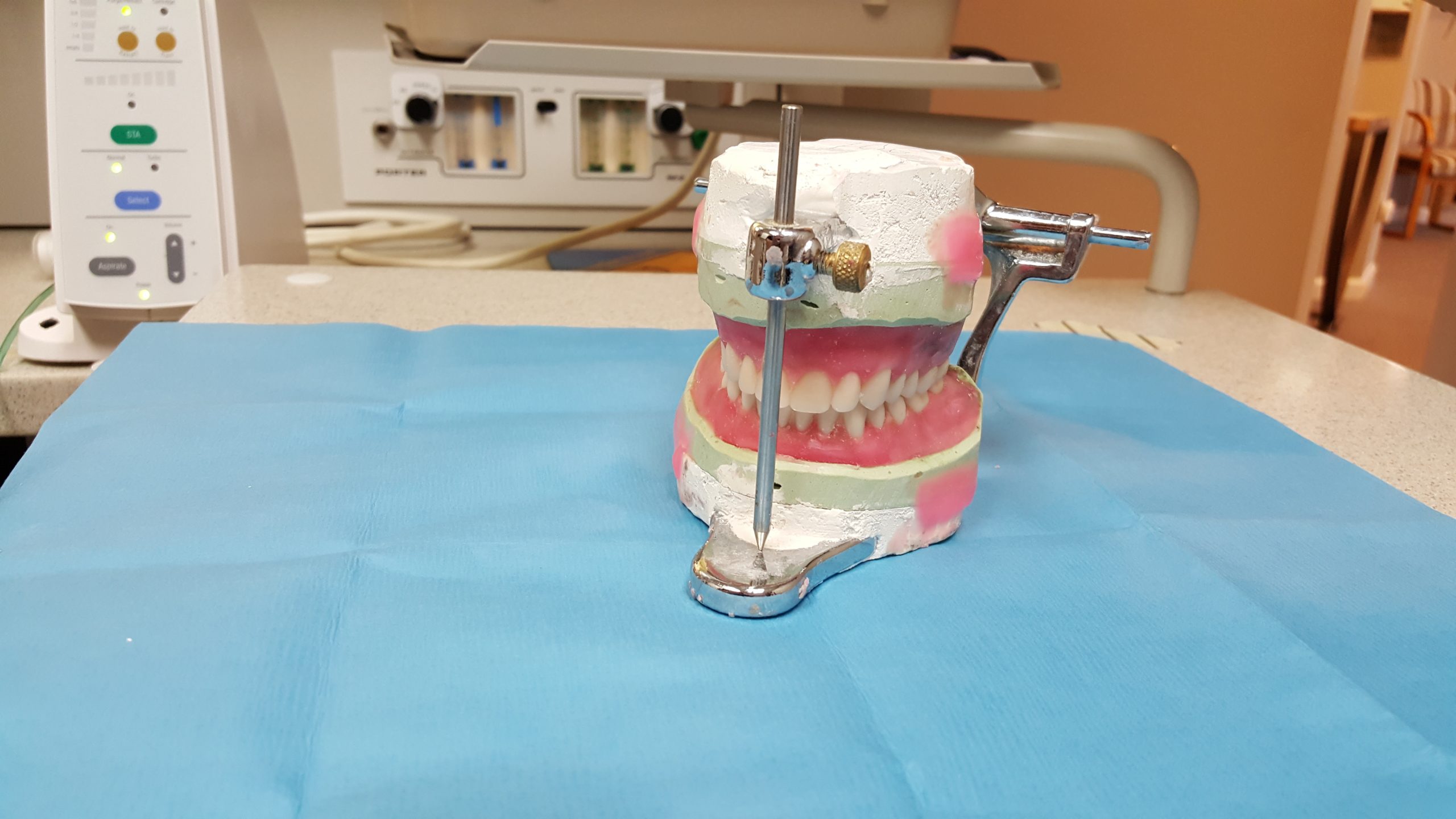 When injured on the job, your doctor knows best until you get a second opinion. While your primary care doctor may advise you to recover instead of resume working right away, if you get a second opinion that finds you capable of working, that second opinion can trump your primary care doctor’s opinion.
When injured on the job, your doctor knows best until you get a second opinion. While your primary care doctor may advise you to recover instead of resume working right away, if you get a second opinion that finds you capable of working, that second opinion can trump your primary care doctor’s opinion.
In the Louisiana civil service world, an employee cannot refuse to go to work if they have not presented a viable reason for their inability to work. If a civil servant refuses to work, they could be terminated. While our court system sympathizes with people injured on the job, if one doctor says you can work, you need to present testimony from a doctor that you cannot work at the pre-termination hearing or risk losing your job. The following lawsuit out of New Orleans helps answer this question; when do you need your doctor’s testimony to win your workplace injury lawsuit?
Kerry West was injured on the job while a classified employee with twenty-five years of experience working for the Sewerage and Water Board of New Orleans (S&WB). Although West’s primary care physician ordered him to recover and not return to work, S&WB sent West to get a second opinion. This second opinion found West was capable of “light duty.” Accordingly, s&WB assigned West to a light-duty position for the duration of his recovery, but West followed the advice of his primary care physician and did not return to work.
 Insurance Dispute Lawyer Blog
Insurance Dispute Lawyer Blog


 Large waves and rough seas make boat travel a harrowing experience. But what happens if you are at work and fall out of bed during those stormy seas? Is the captain or company you work for liable under the Jones Act? The following case out of Louisiana helps answer the question; can I recover under the Jones Act if rough seas cause my back injury?
Large waves and rough seas make boat travel a harrowing experience. But what happens if you are at work and fall out of bed during those stormy seas? Is the captain or company you work for liable under the Jones Act? The following case out of Louisiana helps answer the question; can I recover under the Jones Act if rough seas cause my back injury?  People rely on public services daily, from fire departments to police officers. But what happens if a public entity is responsible for an injury? Can they be held liable for negligence? A recent case out of Grand Isle, Louisiana, shows how public entities can be shielded from liability for negligent conduct in some circumstances. It also helps answer the question; Can a state fire marshall be liable for inspector negligence in a wrongful death lawsuit in Louisiana?
People rely on public services daily, from fire departments to police officers. But what happens if a public entity is responsible for an injury? Can they be held liable for negligence? A recent case out of Grand Isle, Louisiana, shows how public entities can be shielded from liability for negligent conduct in some circumstances. It also helps answer the question; Can a state fire marshall be liable for inspector negligence in a wrongful death lawsuit in Louisiana? If you are walking down the aisle of a store and fall and injure yourself, you may think you have a winning lawsuit. However, that is not always the case. A recent lawsuit out of Gretna, Louisiana, establishes what a plaintiff needs to prove when filing a slip-and-fall lawsuit in Louisiana.
If you are walking down the aisle of a store and fall and injure yourself, you may think you have a winning lawsuit. However, that is not always the case. A recent lawsuit out of Gretna, Louisiana, establishes what a plaintiff needs to prove when filing a slip-and-fall lawsuit in Louisiana.  If you fall into a utility box with no cover, one would likely think they can recover for the damages they endured. However, in Louisiana, lawsuits aren’t as easy as you think. For example, is a company responsible for the utility box if it didn’t have “constructive notice” the ground hole cover was defective? The following lawsuit out of New Orleans shows the difficulties encountered when suing a utility company for a ground hole cover fall.
If you fall into a utility box with no cover, one would likely think they can recover for the damages they endured. However, in Louisiana, lawsuits aren’t as easy as you think. For example, is a company responsible for the utility box if it didn’t have “constructive notice” the ground hole cover was defective? The following lawsuit out of New Orleans shows the difficulties encountered when suing a utility company for a ground hole cover fall. We have all seen warning cones and signs in front of a wet floor at a business. But what happens when you fall in front of the warning cone? Can the company still be held accountable for your injuries? The subsequent lawsuit, Kenner, Louisiana, shows how courts review slip and fall lawsuits on wet floors with warning signs in plain sight.
We have all seen warning cones and signs in front of a wet floor at a business. But what happens when you fall in front of the warning cone? Can the company still be held accountable for your injuries? The subsequent lawsuit, Kenner, Louisiana, shows how courts review slip and fall lawsuits on wet floors with warning signs in plain sight. Schools are institutions for learning and public meeting spots for numerous events. People come and go daily and the safety of all visitors is paramount. But what happens when a visitor to a school is injured on the premise? Can a school be held liable for a visitor’s injuries on its campus? The following case out of Kentwood, Louisiana, shows the need for adequate proof when pursuing a trip and fall lawsuit against a school.
Schools are institutions for learning and public meeting spots for numerous events. People come and go daily and the safety of all visitors is paramount. But what happens when a visitor to a school is injured on the premise? Can a school be held liable for a visitor’s injuries on its campus? The following case out of Kentwood, Louisiana, shows the need for adequate proof when pursuing a trip and fall lawsuit against a school. When someone is injured in an accident, the question often arises, who is at fault? Certain factors must be met to find fault in an injury case. The following case outlines the elements which must be proven to file a personal injury lawsuit against a public park in East Baton Rouge.
When someone is injured in an accident, the question often arises, who is at fault? Certain factors must be met to find fault in an injury case. The following case outlines the elements which must be proven to file a personal injury lawsuit against a public park in East Baton Rouge.  An important safeguard in the law is the requirement for an accusing party to support its allegations with facts and, ultimately, evidence. There are multiple reasons to have this protection in place. Proceeding with a claim that makes a wrong conclusion against another party would not be particularly fair or just, nor would it be an effective use of court resources.
An important safeguard in the law is the requirement for an accusing party to support its allegations with facts and, ultimately, evidence. There are multiple reasons to have this protection in place. Proceeding with a claim that makes a wrong conclusion against another party would not be particularly fair or just, nor would it be an effective use of court resources. Appeals from trial court decisions can be costly, especially if the result is again not decided in your favor. Tara Lorraine (“Ms. Lorraine”), a dental patient at Bluebonnet Dental Care, L.L.C., learned this the hard way after appealing a jury verdict decided against her. The
Appeals from trial court decisions can be costly, especially if the result is again not decided in your favor. Tara Lorraine (“Ms. Lorraine”), a dental patient at Bluebonnet Dental Care, L.L.C., learned this the hard way after appealing a jury verdict decided against her. The